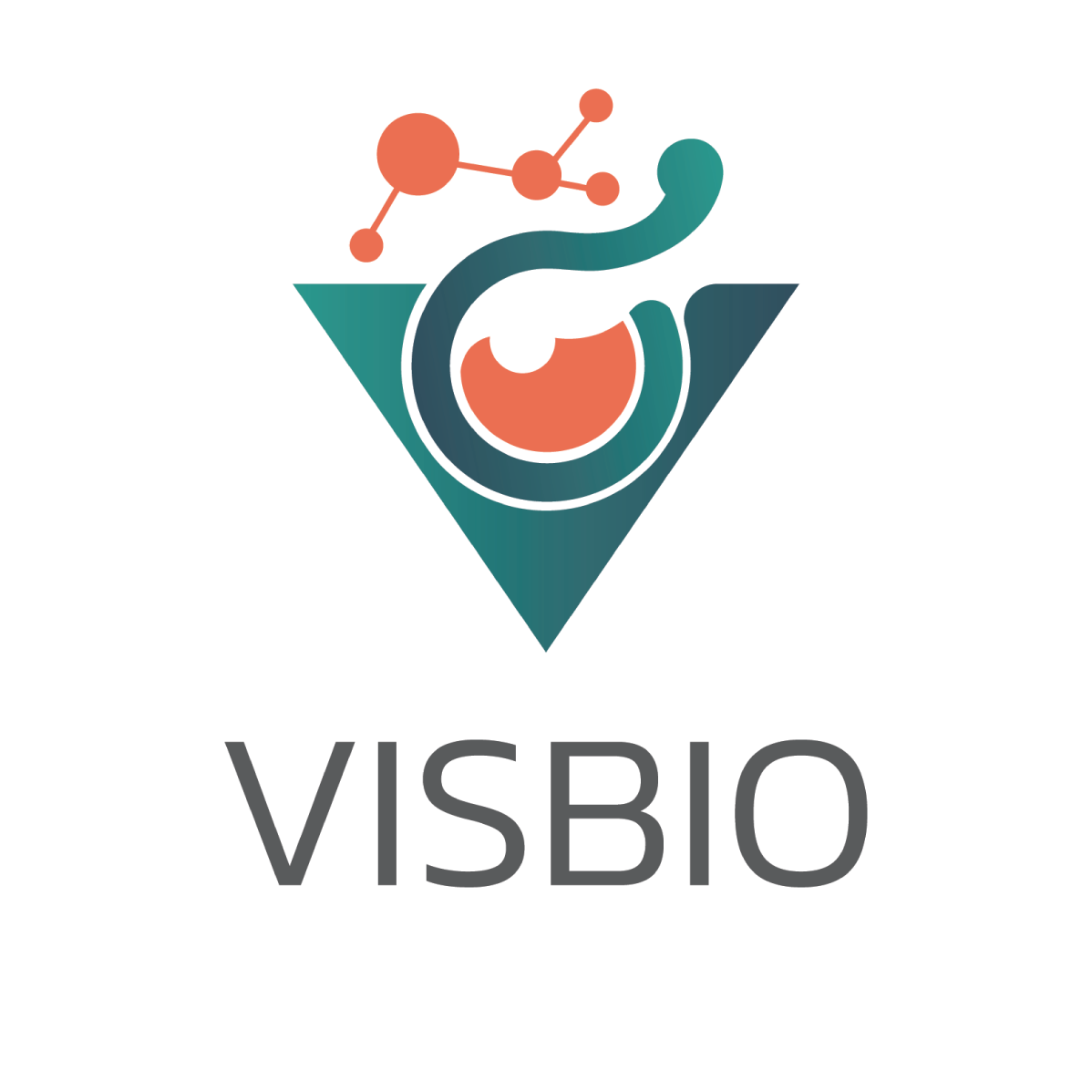The global fight against HIV-1 has driven continuous innovation in the pharmaceutical sector, with researchers constantly seeking new antiviral compounds to improve patient outcomes. One such breakthrough comes from Associate Professor Dr. Kiattawee Choowongkomon and his team, who have identified novel peptides derived from the fruits of Quercus infectoria. These peptides exhibit potent HIV-1 reverse transcriptase inhibitory activity, a key mechanism in halting viral replication. This discovery opens a new chapter in natural, plant-based therapies for HIV-1, providing an alternative to traditional antiretroviral drugs.

Targeting HIV-1 Reverse Transcriptase: A Crucial Step in Virus Suppression
HIV-1 reverse transcriptase (RT) plays a pivotal role in the life cycle of the virus. By converting viral RNA into DNA, HIV-1 RT enables the integration of the virus into the host’s genetic material, allowing it to replicate and spread. Inhibiting this enzyme has long been a focus of antiretroviral therapies, as it stops the virus from multiplying.
The peptides derived from Quercus infectoria have shown a strong ability to block this critical step, offering a new and natural means of interfering with HIV-1 replication. The potential to incorporate these bioactive peptides into existing therapies or to develop entirely new treatments is an exciting prospect for researchers and pharmaceutical companies alike.
The Healing Properties of Quercus infectoria
Quercus infectoria, or the Aleppo oak, is widely known in traditional medicine for its wound-healing, anti-inflammatory, and antimicrobial properties. It has been used for centuries in various cultures to treat infections and skin conditions. Now, modern science has turned its attention to the plant’s bioactive peptides, which show remarkable potential in inhibiting viral mechanisms, specifically targeting HIV-1.
Dr. Kiattawee’s research has isolated these peptides and identified their ability to selectively inhibit HIV-1 reverse transcriptase. This selective inhibition is particularly important because it minimizes harm to healthy cells, potentially reducing the side effects seen in synthetic antiviral drugs.
Peptide Isolation and Characterization: Precision Techniques for Powerful Results
To uncover these peptides, Dr. Kiattawee’s team employed advanced chromatography and purification techniques to isolate bioactive compounds from the fruit of Quercus infectoria. These peptides were then tested for their inhibitory effects on HIV-1 reverse transcriptase, showing promising results. Through the use of mass spectrometry, researchers were able to determine the exact molecular structure of these peptides, ensuring that they maintain stability and purity, crucial for their therapeutic application.
The precision with which these peptides target HIV-1 RT suggests a novel and natural pathway to antiviral therapy. The relative ease of extraction and the plant’s wide availability make it an attractive option for further drug development.


Implications for HIV-1 Treatment: Natural Solutions to Global Health Challenges
In the pharmaceutical industry, there is a growing need for treatments that address the limitations of current HIV-1 therapies, such as drug resistance and toxicity. The peptides from Quercus infectoria offer a promising solution. Their ability to naturally inhibit HIV-1 reverse transcriptase, coupled with a lower risk of side effects, positions these peptides as a potential game-changer in the treatment of HIV-1.
Furthermore, these peptides could be developed into complementary treatments, used in combination with existing antiretroviral drugs to enhance their effectiveness and reduce the risk of resistance. The discovery also aligns with the increasing demand for plant-based and sustainable healthcare solutions, which have fewer environmental impacts compared to synthetic drugs.
What Does This Mean for Your Business?
For companies in the pharmaceutical, biotechnology, and healthcare sectors, this discovery represents a significant opportunity. The development of HIV-1 reverse transcriptase inhibitors derived from Quercus infectoria could pave the way for new, more effective, and less toxic treatments. The global market for HIV treatments is substantial, and investing in plant-based therapies offers a competitive advantage in a rapidly evolving landscape.
By incorporating these peptides into your product offerings, your business can cater to the growing demand for natural and sustainable healthcare solutions. The peptides’ ability to specifically target HIV-1, with minimal impact on healthy cells, could also reduce side effects and improve patient compliance—key factors in the success of any new treatment.
Moreover, companies that invest early in the development of Quercus infectoria peptides can gain intellectual property rights, positioning themselves as leaders in the next generation of antiretroviral therapies. Collaboration with research institutions, like Dr. Kiattawee’s team, can fast-track the commercialization process, allowing you to bring cutting-edge treatments to the market faster.
Breaking New Ground in Plant-Based HIV Treatments:
The discovery of HIV-1 reverse transcriptase inhibitory peptides from Quercus infectoria highlights the vast potential of natural compounds in the fight against one of the world’s most challenging viruses. These peptides provide a natural, less toxic alternative to current HIV-1 therapies, offering hope for more effective treatments with fewer side effects. As the pharmaceutical industry continues to seek innovative solutions to global health problems, the bioactive compounds in Quercus infectoria stand out as a promising area for future research and development.
Partner with Us for a Healthier Future:
Are you ready to explore the future of HIV-1 treatment? Partner with us to further investigate the commercial potential of these groundbreaking peptides. We offer free consultations to discuss how your business can benefit from this innovative research. Let’s collaborate to create a healthier and more sustainable future.

About the Author:
Associate Professor Dr. Kiattawee Choowongkomon is a leading expert in biochemistry, with over 200 scientific publications. His research focuses on natural bioactive compounds, protein structure, and biosensors. Dr. Kiattawee has a long history of collaborating with industry leaders to bring innovative research into the commercial space, particularly in healthcare and biotechnology.
About the Research:
The research titled “Novel peptides with HIV-1 reverse transcriptase inhibitory activity derived from the fruits of Quercus infectoria” was conducted by Dr. Kiattawee Choowongkomon and his team. This study isolated and characterized peptides from Quercus infectoria fruits, demonstrating their ability to inhibit HIV-1 reverse transcriptase. This breakthrough presents a significant opportunity for developing plant-based antiviral therapies.


